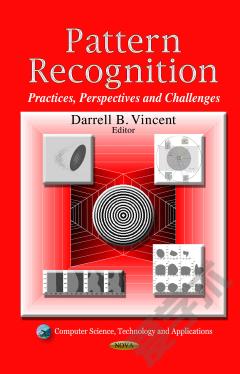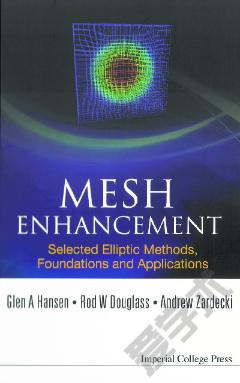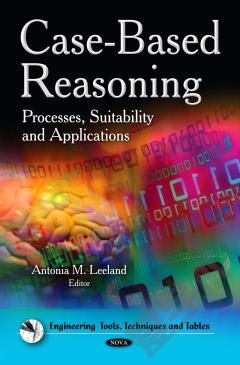Dissimilarity Representation For Pattern Recognition, The: Foundations And Applications
This book provides a fundamentally new approach to pattern recognition in which objects are characterized by relations to other objects instead of by using features or models. This 'dissimilarity representation' bridges the gap between the traditionally opposing approaches of statistical and structural pattern recognition.Physical phenomena, objects and events in the world are related in various and often complex ways. Such relations are usually modeled in the form of graphs or diagrams. While this is useful for communication between experts, such representation is difficult to combine and integrate by machine learning procedures. However, if the relations are captured by sets of dissimilarities, general data analysis procedures may be applied for analysis.With their detailed description of an unprecedented approach absent from traditional textbooks, the authors have crafted an essential book for every researcher and systems designer studying or developing pattern recognition systems.
{{comment.content}}








 京公网安备 11010802027623号
京公网安备 11010802027623号